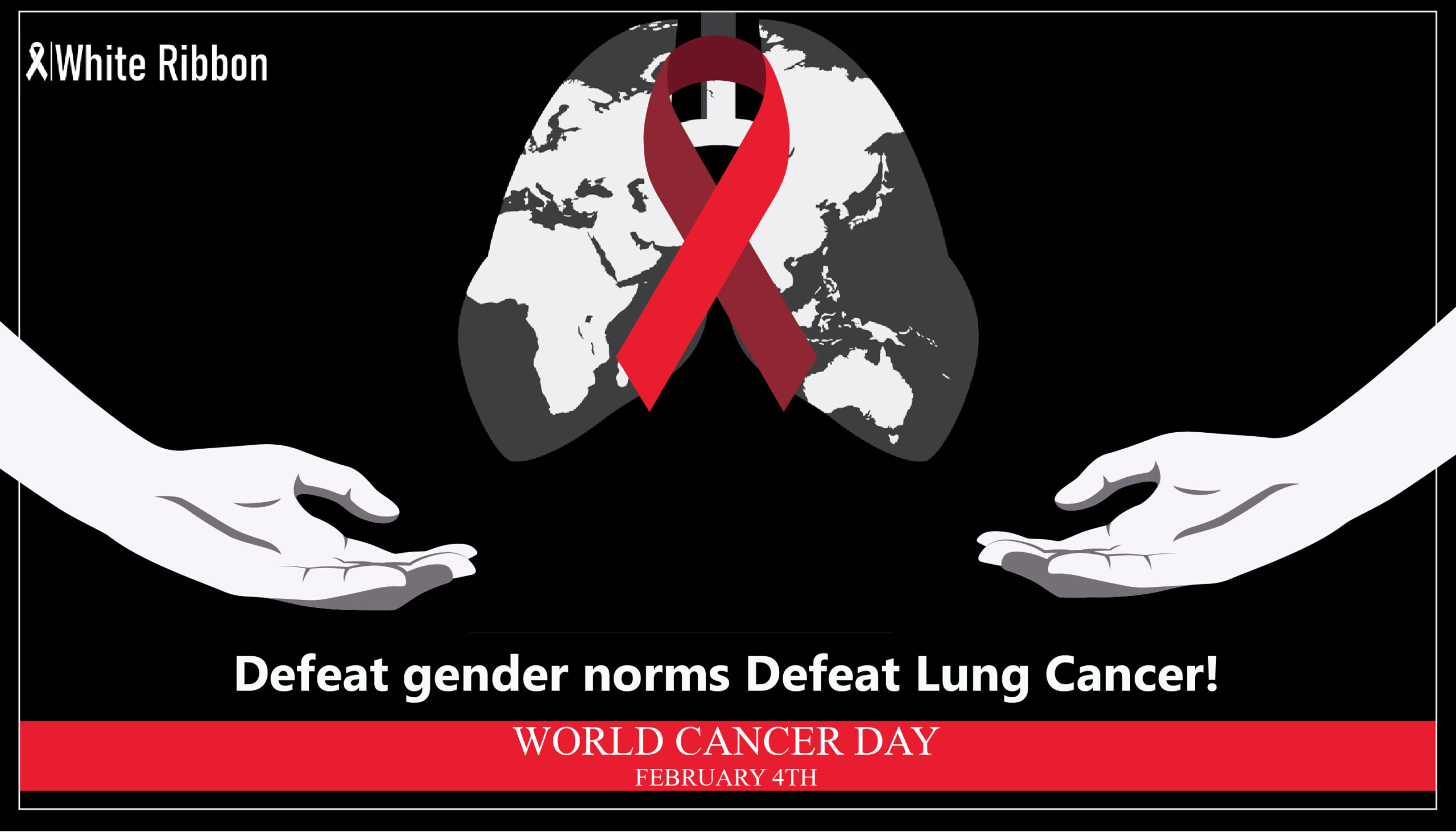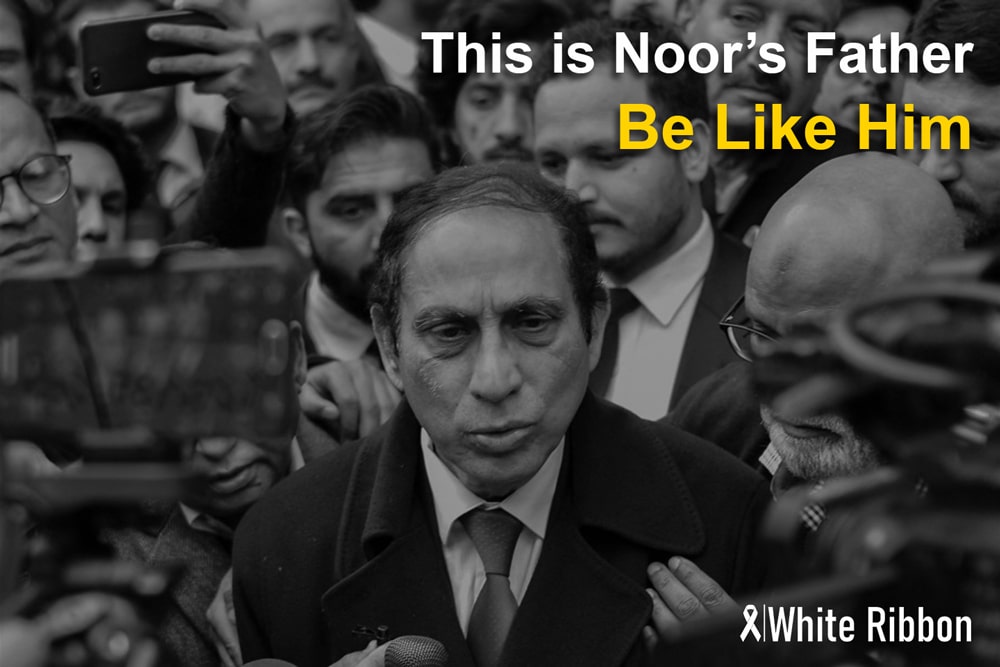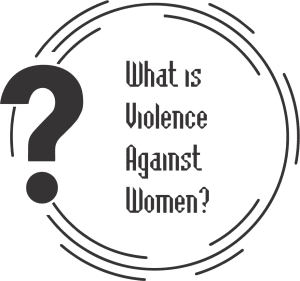
by admin | Mar 28, 2023 | Uncategorized
Men have higher rates of lung cancer. Much of the responsibility for this can be dedicated to unhealthy gender roles that have traditionally encouraged men to smoke at higher rates. Smoking is a leading cause of lung cancer, and men have been marketed tobacco products more aggressively and have been socially conditioned to view smoking as a sign of masculinity. Additionally, men have been observed to be less likely than women to seek preventive health care and more likely to delay seeking medical attention when symptoms appear, which can also contribute to higher rates of lung cancer and other health problems.
Additionally, occupational exposure to cancer-causing agents, such as asbestos and other chemicals, is often higher among men who work in certain industries. These factors, combined with a greater overall rate of exposure to environmental toxins, can increase a man’s risk of developing lung cancer. However, it is important to note that there are also many other factors that can contribute to lung cancer, including genetics and other lifestyle factors.
While the risk posed by occupational exposure and genetics is almost uncontrollable, the proportion at risk due to societal standards can definitely be averted. Although a number of socioeconomic and psychological factors play role in increasing the rate of lung cancer among men, unhealthy gender stereotypes stand at the top of the list. Encouraged either directly by peers or indirectly through social norms, men may be more likely to smoke tobacco and engage in other unhealthy habits such as excessive alcohol consumption, due in part to cultural expectations and norms that promote risky behavior.
Destroying unhealthy gender norms is therefore directly related to preventing lung cancer. Further, promoting a healthy lifestyle and encouragement to seek medical and psychological help can lead to a more inclusive and supportive society, which can have positive impacts on mental and physical health including reducing stress and improving overall well-being, as well as on people stuck in smoking habits. This will further help reduce the risk of cancer as chronic stress and poor mental health have also been linked to an increased risk of chronic diseases, including some types of cancer. So this World Cancer Day, White Ribbon takes an oath to challenge such toxic gender norms and save people from the toxic gender expectations and stereotypes that are causing irreversible damage to our society.

by admin | Mar 24, 2023 | Uncategorized
The tragic murder of Noor Mukaddam has once again highlighted the issue of violence against women in Pakistan. However, the response of Noor’s father to her death has sent a powerful message to Pakistani men about their role in addressing such issues. His stance throughout the case has shown that men who claim any sort of responsibility towards the women related to them, must ensure to stand up against the world for the honor and dignity of those women. Zahir Jaffer’s death sentence is a powerful reminder that perpetrators of violence can be and must be held accountable for their actions regardless of their social status. Fighting rigorously and bringing Zahir to his well-deserved end, Mr. Shaukat Mukaddam has conveyed that it is time to stop blaming women for the violence that they face. Rather it is time that the culprit alone is seen as a source of dishonor.
The way Noor Mukaddam’s family has responded to this tragedy has set a new standard for families of victims of violence. By refusing to accept the notion that a victim of abuse is a disgrace, Noor’s family, especially her father has demonstrated that the real shame lies with the abuser and their supporters. The father has owned his daughter in the truest sense. He has shown that a woman’s worth is not determined by the circumstances of her abuse, but by her inherent dignity and humanity. This message is especially important in a culture where victims of abuse are often blamed for the actions of their abusers. To conclude here, Noor Mukaddam’s murder was horrific beyond brutality, but her father’s response has shown that there is hope for change in Pakistan.

by admin | Jan 30, 2023 | Uncategorized
Importance of Gender Inclusion Workplace Programme in Pakistan
Gender inclusion in the workplace is crucial for the success of any business, and this is especially true in the Pakistani corporate sector. Creating a workplace that is inclusive can lead to increased productivity, creativity, and employee satisfaction. One of the most important reasons for promoting gender inclusion in the workplace is to tap into the full potential of the workforce. In Pakistan, women make up nearly half of the population, yet they are underrepresented in the corporate sector. By not including women in the workforce, companies are missing out on valuable talent and ideas. In addition to tapping into the full potential of the workforce, promoting gender inclusion can also lead to increased innovation and creativity. Diverse teams tend to come up with more innovative solutions to problems, as they bring different perspectives and experiences to the table. Gender inclusion can also lead to improved employee satisfaction. When employees feel included and valued, they are more likely to be engaged and committed to their work. This can result in increased productivity and lower turnover rates.
However, despite the benefits of gender inclusion, many Pakistani companies still struggle with creating an inclusive workplace. One of the main barriers to gender inclusion is cultural stereotypes and biases that perpetuate the idea that women are not suited for certain roles or industries. To promote gender inclusion in the workplace, companies should take a holistic approach that includes not only hiring and promoting women, but also creating a culture that supports and values them. This can include offering flexible work arrangements, providing training and development opportunities, and implementing policies that support diversity and inclusion.
In conclusion, promoting gender inclusion in the workplace is crucial for the success of Pakistani companies. By creating an inclusive culture and valuing the contributions of all employees, companies can tap into the full potential of the workforce, increase innovation and creativity, and improve employee satisfaction. It is important for Pakistani companies to understand the importance of gender inclusion and take the necessary steps to create a more inclusive workplace.
Blog by Bilal Ali
Communications Department, White Ribbon Pakistan

by admin | Jan 17, 2023 | Uncategorized
- Benefits of Gender Inclusive Workplace
Women inclusion is key for business growth because it brings diversity of perspectives and ideas to the table, which can lead to more innovative and effective solutions to problems. Studies have shown that companies with greater gender diversity tend to have higher levels of creativity and productivity. Additionally, diversity in the workplace can also help companies connect with and understand their diverse customer base better.
Furthermore, research has also shown that companies with more women on their boards and in leadership positions tend to have better financial performance, which can ultimately drive growth. Including women in all levels of the organization can also help companies tap into a larger pool of talent, which can be beneficial for recruitment and retention. Companies that are known for promoting diversity and inclusion are often more attractive to potential employees, which can help them attract top talent and retain their best employees.
Overall, women inclusion is not only a moral imperative but also a business imperative for success, growth and resilience in today’s fast-paced and dynamic global economy.
- Top of Form
- Equal opportunity can create a number of benefits for corporate business, including:
- Increased diversity of perspectives and ideas: Having a diverse workforce brings different perspectives and experiences to the table, which can lead to more innovative and effective solutions to problems.
- Improved decision-making: A diverse group of individuals with different perspectives and experiences can help to ensure that important decisions are made with the input of different perspectives, avoiding groupthink and blind spots.
- Better financial performance: Studies have shown that companies with greater diversity tend to have higher returns on equity, lower volatility, and better average growth.
- Improved recruitment and retention: Companies that promote equal opportunity and diversity are often more attractive to potential employees, which can help them attract top talent and retain their best employees.
- Better connection with customers: Having a diverse workforce can help companies connect with and understand their diverse customer base better.
- Legal compliance: Providing equal opportunity is a legal requirement in many countries and not doing so can lead to legal issues and penalties.
- Improved company culture and morale: Creating a culture of equal opportunity and inclusivity can lead to a better work environment and improved morale among employees.
- Better problem-solving and creativity: A diverse team is more likely to solve problems better and come up with creative solutions due to the different perspectives they bring to the table.
By Bilal Ali
Communications Department
White Ribbon Pakistan

by admin | Jan 10, 2023 | Uncategorized
White Ribbon aims at building a new idea of masculinity in society. Multiple types of research have been conducted by many renowned institutions, like the U.N, which have indicated that men themselves might not be entirely comfortable with the stereotypical roles associated with their gender. The hypermasculine roles dictated by society put men under a high, if not equal, pressure as women. Driven by this pressure, men acquire unhealthy behavior which ultimately impacts women due to their subordinate position in the social hierarchy. White Ribbon is, therefore, determined to work on the root cause and eradicate violence against women by engaging the key source of this violence, i.e men. The campaign introduces men with healthy and flexible social roles on different social and professional platforms and encourages them to become social justice allies for women by taking up simple measures and ending the predominant anti-women social practices. This will help men as much as women, to break through the constraints of hurtful social norms and live a more fulfilled life.
by admin | Dec 6, 2022 | Uncategorized
The present cohort of youth in Pakistan is the largest in the country’s history with the next generation expected to outsize it. It is of the utmost importance that these young people are brought into the mainstream of development initiatives. This will enable them to lend their support to various causes and feel part of the solution. To promote positive change within the youth of this country in this time of rising intolerance, WRCP has strategically involved students in various aspects of the campaign to end violence against women. The students were involved in its Youth Leadership Program.
Working with the students gave them a sense of ownership of the initiative. As a result of such activities, our youth volunteers have been trained to plan similar activities independently in the future on VAW.
by admin | Dec 6, 2022 | Uncategorized
Violence against women is a shameful reality across the world. Mostly it is committed by men. It is rooted in gender inequalities, and it still far too often goes unnoticed and unchallenged. The White Ribbon Campaign exists to change this.
Men and boys wearing the White Ribbon declare that they will never commit, excuse, or remain silent about men’s violence against women. White Ribbon is one of the world’s largest male-led campaigns to end men’s violence against women. It started in 1991 in Canada, and is now active in over 50countries across the globe. Every year it is growing stronger as more men and boys realise that women’s and girls’ safety is their issue too.
Sustainable Development Goal 5: Gender equality
SDG 5 aims to achieve gender equality by ending all forms of discrimination, violence and any harmful practices against women and girls in the public and private spheres. It also calls for the full participation of women and equal opportunities for leadership at all levels of decision-making.
All forms of violence against women and girls affect both the individual and society as a whole and are an obstacle to gender equality and development. Social norms and customs that sanction inequality and violence against women and girls must be changed.
A society’s prosperity increases when women and girls can contribute on the same terms as men and boys through their resources and knowledge. Tapping the abilities and initiative of women is an important driver of development. Poverty decreases and economic productivity and growth increase when women participate in the economy and the labour market, and have access to resources and functioning markets.
White Ribbon Workplace Gender Inclusion Awards
The women empowerment in the Pakistani corporate sector has become an important tool for the development of the country as almost half of the country’s population is women. White Ribbon Workplace Gender Inclusion Awards celebrate and acknowledge the best practices and policies of corporates that take part and highlight gender justice and gender inclusion for their workforce, customers, community, and through their CSR and brand communication and advertisements. The White Ribbon Awards will be presented annually to companies which use their position to advocate for gender equality and take steps to advance women’s empowerment.
Although a lot of work has and is being done to empower women in the corporate sector, there is still vast room for improvement. Fortunately, all the regulators and trade associations like FPCCI, PASHA, SECP, SBP, PTA etc., are supportive of equal opportunities for women in employment, equal pay and equitable career progression.
Categories of White Ribbon Awards
Gender Inclusive Workplace
This award recognizes the achievements that businesses have demonstrated in adopting relevant gender-inclusive measures in the workplace. This may include innovative approaches to equal recruitment, addressing specific needs for female employees, no to the gender pay gap, promoting women’s career development and leadership and developing a smart gender strategy to take care of the employee’s work-life balance.
Gender Responsive Marketplace
This category will award actions and programs that promote gender equality and women’s empowerment in advertisements, campaigns and other marketing activities.
Community Engagement and Partnerships
This category will award businesses that have included gender inclusion into their sustainability strategies, CSR or Philanthropy programmes for wider communities.
Entries open from 25th November
Entries will close on 10th January 2023
Awards ceremony will be held 8th March 2023
For any query email at awards@whiteribbon.org.pk
Applications to be submitted at:
Awards Committee
White Ribbon
2/12 Block – M
Gulberg III, Lahore
Phone: 042 35883570-71-72
by admin | Dec 6, 2022 | Uncategorized
The highest rate of violence against women has been reported among the large labour class of the country, surviving on the economic and social periphery. Women have to bear the brunt of economic deficiency since there is no positive channelization for the frustration caused by financial tribulations. The least socially-active group of industrial workers needs to be aware of their potential to bring positive change by dispelling the image that women-related issues are elitist and have nothing to do with their lives.
White Ribbon Pakistan took the initiative of sensitizing male labourers and industrial workers through interventions including interactive dialogues. Through these initiatives, we hope to reassure them that their participation in curbing VAW can result in a more aware, peaceful, productive, and rewarding life. The intervention works in two ways – domestic violence and workplace harassment. Through these dialogues with the labourers, we address both these issues simultaneously. The underlying purpose is to magnify the domestic and working life of the worker, both of which present a distressing picture. By putting the pieces together, workers are made to realize their crucial role in dealing with the issue of ending violence against women.
by admin | Dec 6, 2022 | Uncategorized
by admin | Dec 6, 2022 | Uncategorized
Violence against women and girls is one of the most systematic and widespread human rights violations. It is rooted in gendered social structures rather than individual and random acts; it cuts across age, socio-economic, educational, and geographical boundaries; affects all societies, and is a major obstacle to ending gender inequality and discrimination globally.
The United Nations defines violence against women as “any act of gender-based violence that results in, or is likely to result in, physical, sexual or psychological harm or suffering to women, including threats of such acts, coercion or arbitrary deprivation of liberty, whether occurring in public or in private life”.
The terms ‘gender-based violence’ and ‘violence against women’ are frequently used interchangeably in literature and by advocates. However, the term gender-based violence refers to violence directed against a person because of his or her gender and expectations of his or her role in society or culture.
Gender-based violence highlights the gender dimension of these types of acts; in other words, the relationship between females’ subordinate status in society and their increased vulnerability to violence. It is relevant to note, however, that men and boys may also be victims of gender-based violence, especially sexual violence. Women and girls face violence at home, in school, on the streets, at work, on public transportation and online.
They experience violence in times of peace and in times of conflict or war. The risk is intersectional, meaning that some women and girls face a heightened risk of experiencing physical or sexual violence than others. This includes those married before age 18, living in conflict and fragility, with low levels of education or who are sexual and gender minorities.






